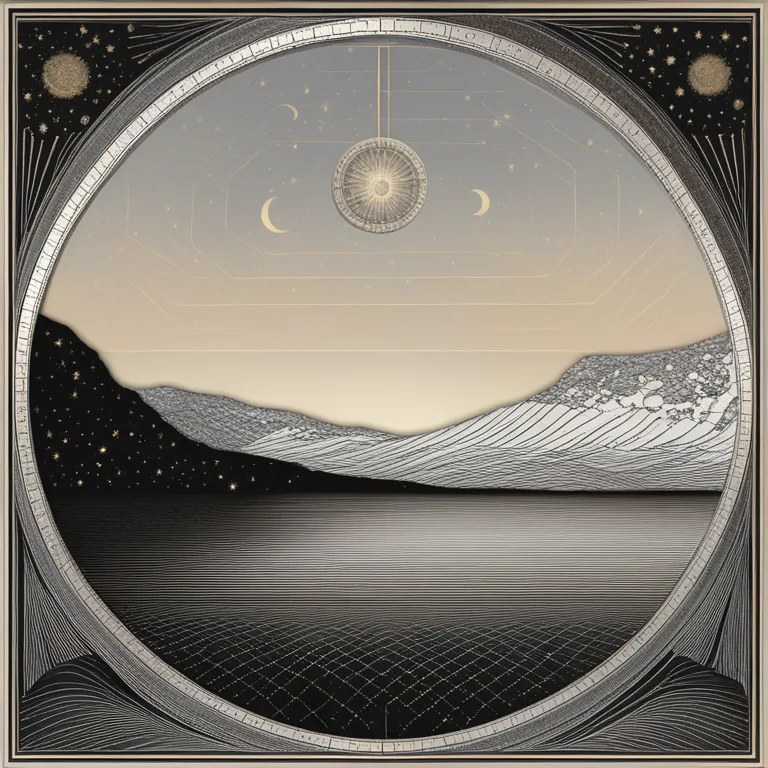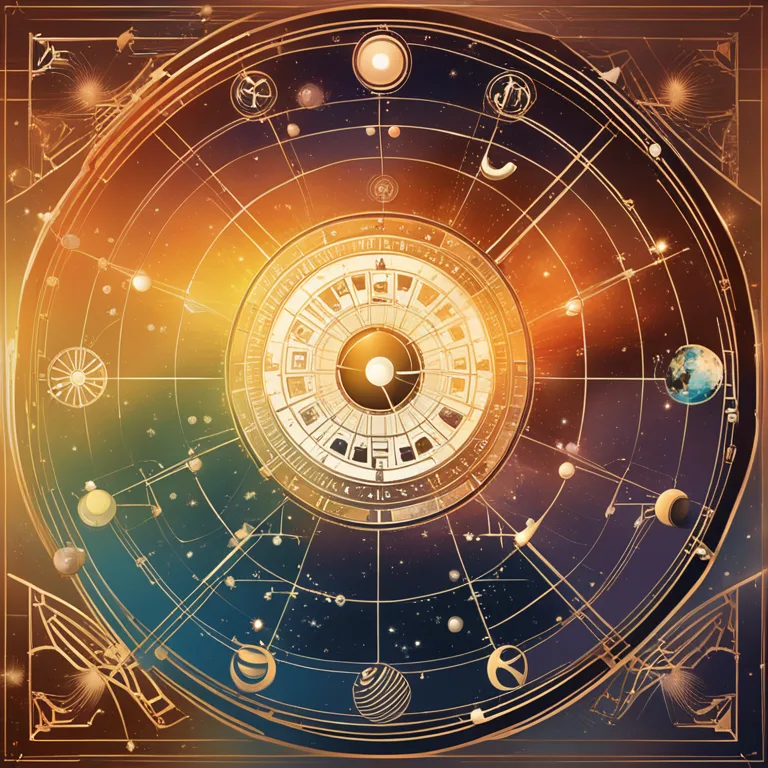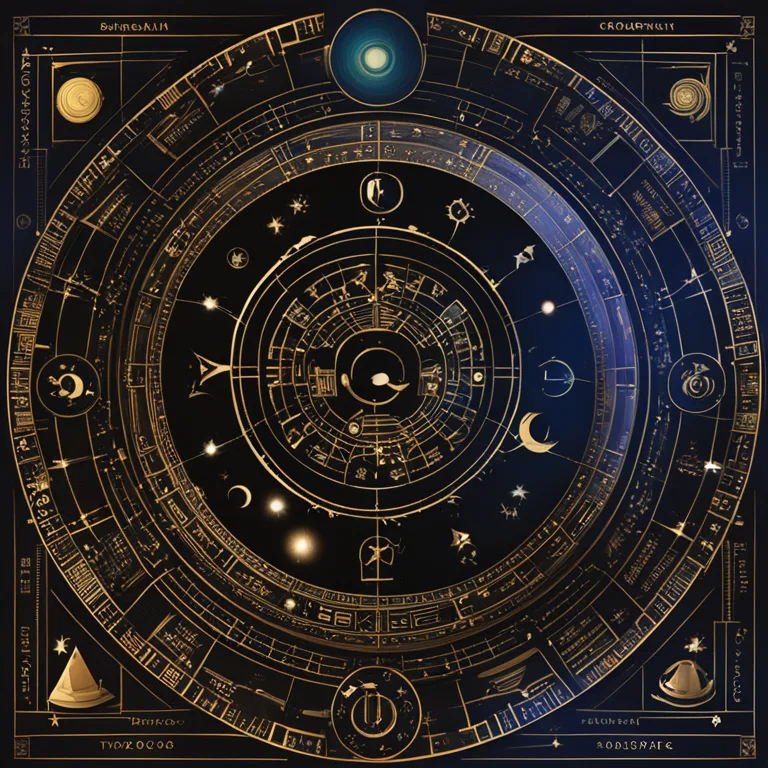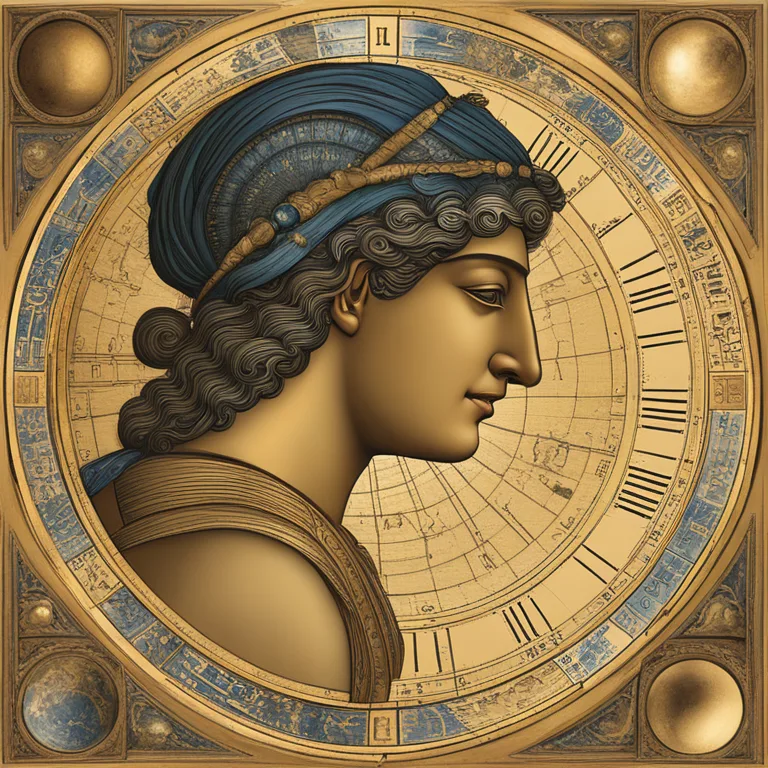
The Origins of Astrology
The article provides an insightful dive into the historical beginnings of astrology and its evolution through the ages.
article by Priya Deshmukh
The Dawn of Astrology
Astrology's inception reaches back to ancient civilizations, where the sky's mysteries fascinated our ancestors. Records indicate that as early as the 2nd millennium BCE, the Babylonians began systematizing their celestial observations, which laid the groundwork for astrology. They believed that celestial bodies held divine power over earthly events, an idea that would permeate many cultures. The Babylonian priests meticulously charted the stars and planets, and their work eventually led to the division of the sky into the zodiacal signs we know today. This early astrology was primarily used for forecasting the fortunes of countries and kings, rather than individuals.

Greek and Hellenistic Contributions
Astrology as we understand it was profoundly influenced by the Greeks, who in the 4th century BCE, began to merge Babylonian practice with their own philosophical ideologies. The Hellenistic period gave astrology a more personal touch, introducing the concept of horoscopic astrology. This was a revolutionary turning point that allowed astrologers to cast a natal chart for an individual's birth time, predicting their personality and destiny. Prominent thinkers like Ptolemy later chronicled astrological traditions in texts like the 'Tetrabiblos', ensuring the profession's intellectual rigor and continuity.

Astrology in the Modern World
With the rise of modern science, astrology underwent significant transformation and criticism. However, it retained popularity through almanacs and eventually, mass media. Twentieth-century astrology focused more on psychological aspects, with renowned psychologists like Carl Jung acknowledging the symbolic nature of astrological archetypes. New Age movements in the late 20th century further propelled astrology into the cultural mainstream. As we approach 2024, astrology enjoys a renaissance among those seeking self-awareness and cosmic connectivity despite—or perhaps due to—the uncertainties of our time.

Technological Advances and Astrological Practices
The information age has brought astrology into the digital world, with apps and websites providing instant horoscopic readings. Astrologers now can analyze more data than ever before and deliver timely forecasts that cater to our fast-paced lives. In considering forecasts relevant to 2024 and beyond, astrologers utilize sophisticated software to chart planetary transits and alignments, looking for patterns that correspond to social and individual trends. These cosmic events continue to inspire personal reflection and global predictions alike.

Embracing Astrology's Wisdom Across Cultures
Astrology's reach is global, having been adapted and adopted by various cultures over time to form unique systems, such as Vedic astrology in India, which emphasizes karmic patterns and spiritual development. Chinese astrology also operates on a different zodiac and is closely tied to their lunar calendar. Each system, while distinct, shares the common thread of connecting human experiences to celestial phenomena—a testament to astrology's universal allure and the human desire to seek guidance from the stars.
Published: 12/29/2023
Modified: 12/29/2023
More predictions
Come back here soon to learn more about yourself and your future


Your Astrological House Journey
Discover which astrological house you belong to and learn how it shapes your personality, life path, and experiences in the cosmic realm.


The Roots of Astrology: Tracing Its Linguistic Heritage
Delve into the linguistic history of astrology and uncover the ancient origins of this mystical practice's name and significance.